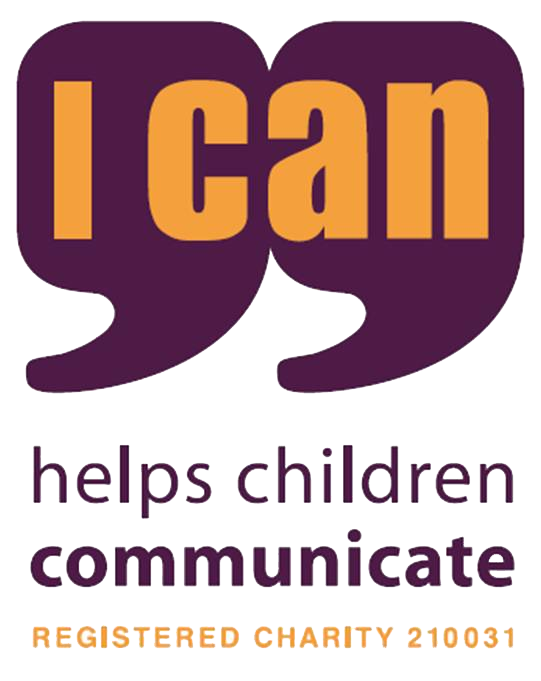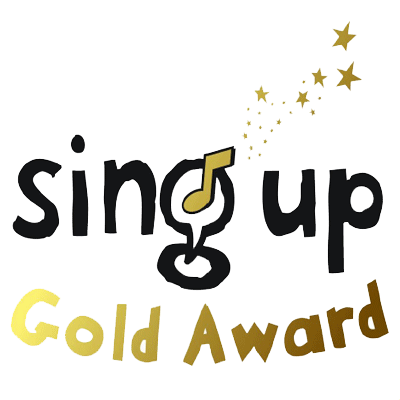Wellbeing & Online Safety
Safer Internet Day 2022 was celebrated in the UK with the theme:
All fun and games? Exploring respect and relationships online
Ensuring children are getting breaks from the screen and are able to interact with others as far as possible is vital.
Brainscape, an online education specialist, also has suggested some top tips for this period of remote working.
BRAINSCAPE >
Routine & Wellbeing guidance for PARENTS of Primary School children from the NHS
Wellbeing
Place2Be: Place2Be offers a variety of different mental health and counselling services to meet schools’ needs, including in-school support, expert training and resources.
The Anna Freud National Centre for Children and Families runs Schools in Mind, a free network for school staff and allied professionals which shares practical, academic and clinical expertise regarding the wellbeing and mental health issues that affect schools.
SCHOOLSINMIND > https://www.annafreud.org/on-my-mind/self-care/
They also have an online booklet with tips in supporting pupils through difficult times and an online resource for young people with suggestions of self-care.
The Children’s Commissioner has released an online booklet to share with children to help them be informed about the virus.
Mental Health Europe is reminding people remind that taking care of mental health is as important as looking after physical health, especially at times of high uncertainty.
MENTALHEALTHEUROPE >
Online Safety
While your children will be spending an increased amount of time online it is a good time for a reminder of some online safety tips to ensure they stay safe online.
The Government, via its gov.uk recommends five sites to help parents know more about online safety:
THINKUKNOW >
INTERNETMATTERS >
PARENTINFO >
LGFL >
NETAWARE >
Childline remains an authority on child safety and its website outlines risks, and gives tips to stay safe online.
CHILDLINE >
The NSPCC has very good resources to advise and support parents and carers at the current time.
NSPCC >
National Online Safety has many resources, designed to give parents and pupils the knowledge they need to understand online dangers.
NATIONAL ONLINE SAFETY >
Think U Know, from the National Crime Agency, has new home activity packs to help children.
THINKUKNOW >
SWGfL has good cybersecurity advice for all online users, to help beat email, website and online shopping scams.
SWGFL >
During the period of remote schooling, please be assured the School will continue to follow its online safety policy. Pupils will also need to be mindful to follow the rules of the ICT Acceptable Use Policy, which all pupils read and signed at the beginning of the academic year.









